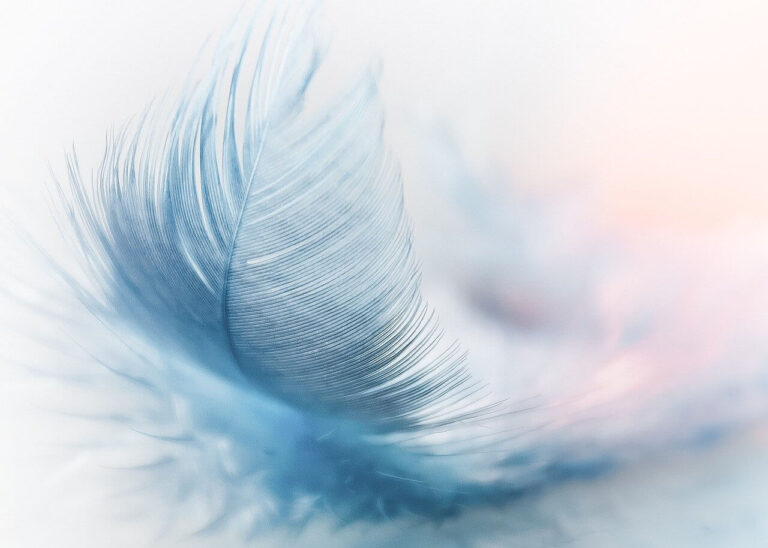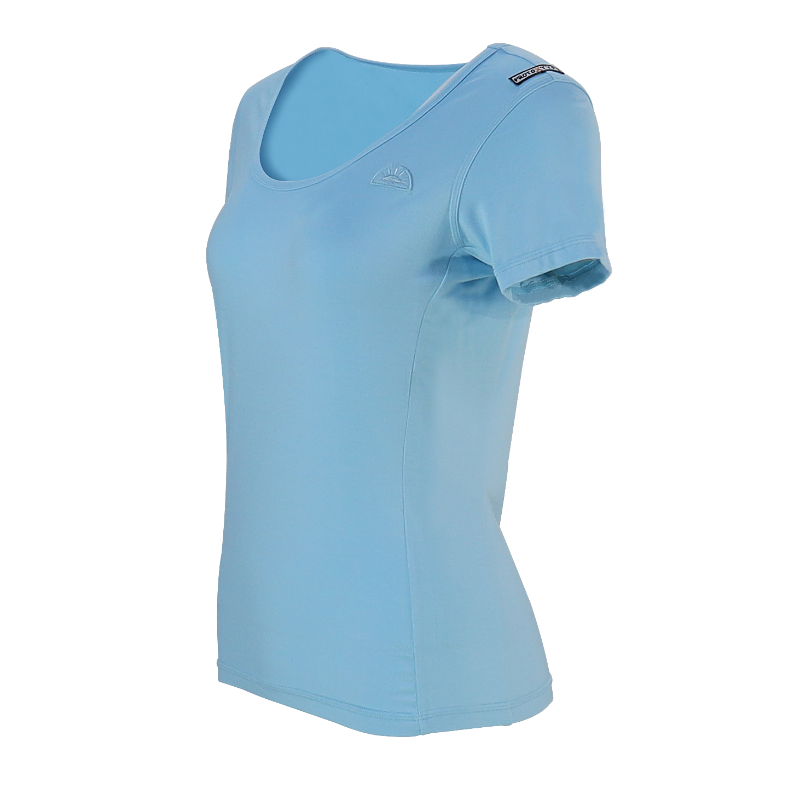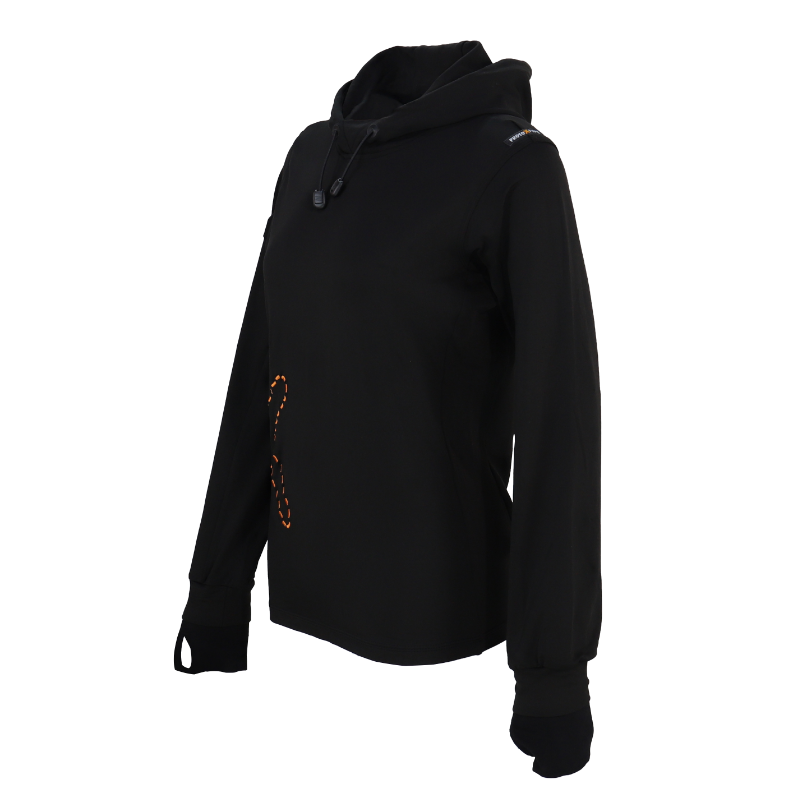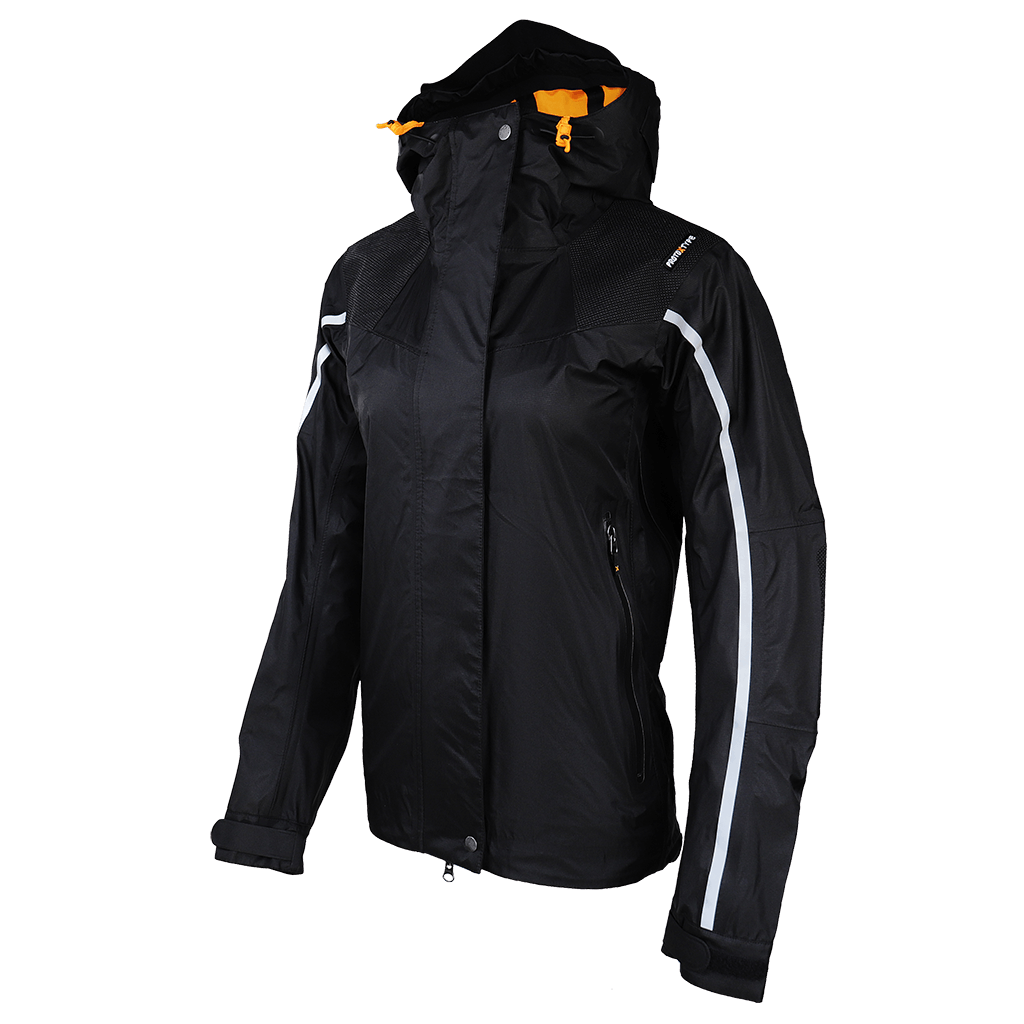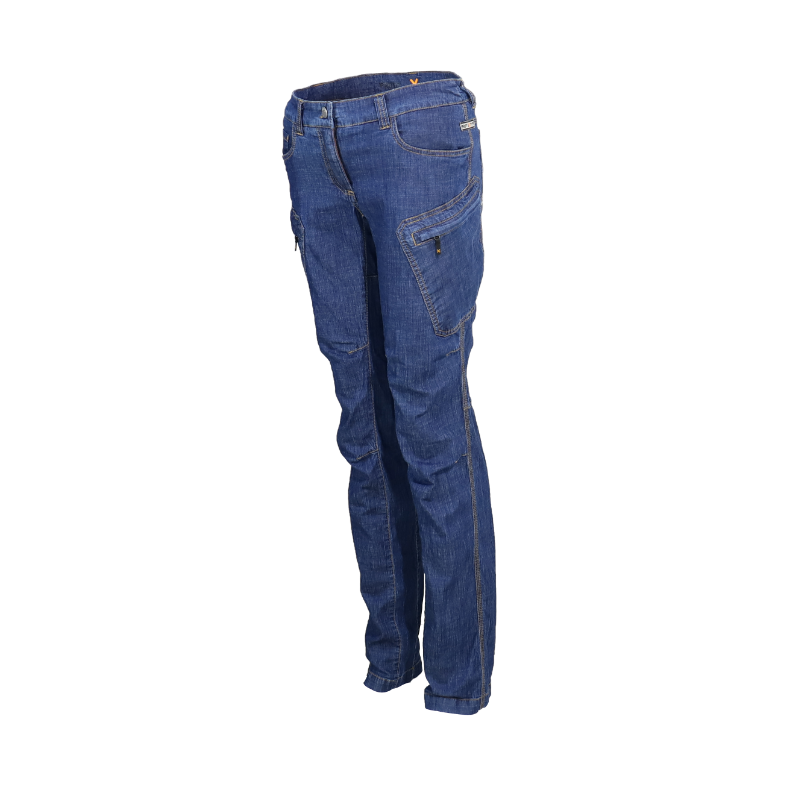Down has always been considered the finest source for making warm duvets and garments for the cold winter season. This is true also today: down is in fact considered the warmest and lightest of the filling for winter jackets.
However – and fortunately – over the last few years, more and more companies took distance from the action of plucking plumage from ducks and geese when it causes harm to the animals. In 2001, in Italy, Legislative Decree 146 was issued to regulate the protection of animals on farms. Article 2 specifies that “The owner or keeper or keeper must take adequate measures to ensure the welfare of their animals and so that they are not caused unnecessary pain, suffering or injury” and further on the specific provision: “Starting since 1 January 2004, the use of forced feeding on ducks and geese and the plucking of live birds has been prohibited”.
Despite this, animal protection laws are not always respected and therefore more and more conscious consumers are wondering whether it is ethical to use down, given the way it is produced. However, there are responsible and painless ways of plucking plumage from ducks and geese: these make it possible to recover the down without hurting the animals involved.
In this context, the feathers recovered in the most ethical way are those found in the nests. However this is a process that takes a very long time and therefore cannot be taken into consideration for mass production.
The down can then be ethically sourced through brushing. The goose carries its finest feathers on its chest, where the softer and smaller feathers can be found. These make the garments the warmest. Of course, this is also the most expensive kind of feather, which is used in the manufacturing of high quality products. Every six weeks, the birds undergo a natural moult, during which it is possible to pick up the feathers through brushing without causing any damage nor pain.
As valuable as it is, you need to be well aware of what you buy and whether the supply chain through which the down filling has been produced is ethical and respectful of the animals involved.

